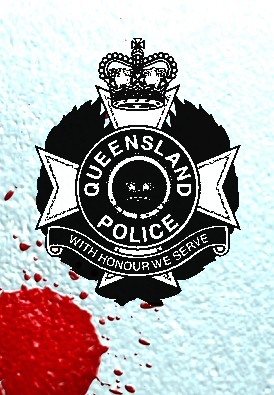QLD police cop call for change
 Dozens of brutality complaints against one Queensland police unit have been revealed.
Dozens of brutality complaints against one Queensland police unit have been revealed.
Members of the so-called Surfers Paradise "Team Two" have been interviewed as part of failed charges against former police officer Rick Flori.
Mr Flori was charged after leaking footage of a handcuffed 21-year-old Noa Begic being beaten by police in a police station car park in January 2012.
The investigations revealed 21 allegations of serious misconduct against Team Two.
Team Two was a patrol unit operating out of Surfers Paradise police, and was the target of dozens of complaints of excessive force against in the years leading up to the unjustified assault of Noa Begic.
The ABC says it has received a Police Ethical Standards Command (ESC) report from 2010, which allegedly notes the “inordinately large number of excessive force allegations”, and led to a “medium-level warning” to senior Gold Coast police about one officer.
The complaints prompted the then-Crime and Misconduct Commission (CMC) to “profile” the unit, Mr Flori said.
“Because of the significantly larger number of complaints that team had, not as an individual as such, but a team as a whole … they actually profiled that team prior to the Begic arrest,” he told the ABC.
“They had been under scrutiny well before this and relatively little or no action was taken to curb their behaviour.”
Other former Gold Coast officers have told reporters that Team Two was known for using unjustified force in arrests, and that they received complaints at a much higher rate than other teams.
CMC investigators found that the assault against Mr Begic was unjustified and had been covered up.
But after an investigation spanning several years, Mr Flori was the only officer charged, after he leaked video evidence to the media.
Mr Flori was later found not guilty of misconduct.
Former Queensland police prosecutor and inspector Dominic McHugh told reporters that Queensland’s police disciplinary system is “broken”.
“It would appear to me that the only reason they avoided criminal charges was because of a culture or an attitude on the part of people within the service to protect their own, or to keep things closeted, or to deal with things quietly, without embarrassing,” Mr McHugh said.







 Print
Print